What I am about to say is 100% true: The only way to learn and grow is to step wildly out of your comfort zone.
Here’s an example from the life of moi, Ashley R. Cummings.
When I was 22, I moved across the world and lived in beautiful Russia & Belarus for 2 years.
Learning Russian was one of the most cognitively intense things I’ve ever done. I’m talking brain-busting, marathon-running levels of exhaustion on the ol’ noggin.
Suddenly, something I’d been doing my whole life–you know, speaking–was a huge challenge and a barrier to me getting simple messages across.
I was rarely comfortable, a total tear factory, & I said embarrassing things. All. Of. The. Time.
For example, I once passed a note to my friend, Larisa, that I thought said, “I want to sleep" (спать). What it really said was, “I want to take a huge $h!t" (срать). She laughed until she died. And, I learned what the expression “beet red” means.
I also asked a cute old babushka for 4 giant bags of apples when I wanted only 4 single apples. Someone had to come to my rescue before I spent my life savings on apples (time out to say, they must be putting unicorn tears/fairy dust in the apples in Russia because they are delicious).
Another time, I kept a cookie someone gifted me for months because I THOUGHT IT WAS A DECORATION. My same friend asked me why I hadn’t eaten it, and I told her I thought it was a wall decoration. Again, she laughed until she died. (Google “Tula Pryanik” and you tell me that doesn’t look pretty enough to be a decoration.)
When I first got to Russia, people would ask me easy questions. You know, “what’s your name?“ and "How are you?” and “Where are you from?” And I couldn’t understand them. At all. It sounded like they were asking for spy secrets or rocket science equations.
You guys. I’d been studying Russian in an intensive program already for 3 months at this point. And I couldn’t understand “what - is - your - name?”
Blurg.
The process of learning was grueling.
But–I wasn’t about to give up.
So, I read all the books.
I talked to everyone as much as I could no matter how many times I accidentally told people I wanted to crap my pants or something equally embarrassing.
I listened.
I walked around with a dictionary looking up words I heard.
I labeled everything in my house.
I asked people to slow down when talking.
I eavesdropped like a maniac.
I said “I don’t understand” and “please repeat” a million times.
Eventually, I started to understand. I knew what people were saying. I could carry on a conversation. I could answer the easy questions and the hard ones.
I could do things like successfully explain to the plumber that there was a black goo backing up out of my kitchen sink and I needed help.
After all the hard work and a rainforest of tears, I could speak Russian. *Mostly.* I’m obviously still learning.
Why do I tell you this story of language learning in an email about FREELANCE WRITING?!?!?!
Well, learning how to write well has been (is) a similar process for me.
I’ve been writing for 20 years, professionally for 10. I’ve put in the work, but it hasn’t been an easy or comfortable road.
I spent for years in college majoring in English & two in grad school–not majoring in English but writing a ton nonetheless.
I’ve started multiple blogs–most of them have failed. WOOP. GO ME.
I’ve read all the copywriting, freelance writing, creative writing, and theory books and blogs.
Professionally–I started out small. I wrote writing penny-per-word articles on the most boring of topics.
I’ve had the crap edited out of my work for 20 years. I mean, I’ve seen more red marks and requested edits than I can count.
I’ve written some garbage articles, and I’ve written some truly killer articles.
I’ve practiced writing every day for 20+ years.
I’ve also published creative work (angsty poetry) in fun places. I’ve published academic research in Taylor & Francis. My work liters the internet on e-commerce, B2B, SaaS, and marketing blogs.
I’ve made a substantial living by clacking away at the keyboard day in and day out.
This is all to say–
If you spend time staring at a blank screen waiting for the words to come, you go right ahead and call yourself a working writer.
If you get 900 edit requests on a 900-word document, you’re in good company.
If you feel discouraged at any time as you’re trying to improve your writing, it’s 100% normal.
This all means you’re stepping out of your comfort zone, growing, getting better, and moving forward.
There’s always room to grow, but in time, the words will start coming faster. You’ll learn tricks that make it easier to optimize the writing process and engage your audience. You’ll start landing better clients and publishing in ideal places.
You’ll get there.
Keep writing. You sooooo got this!

